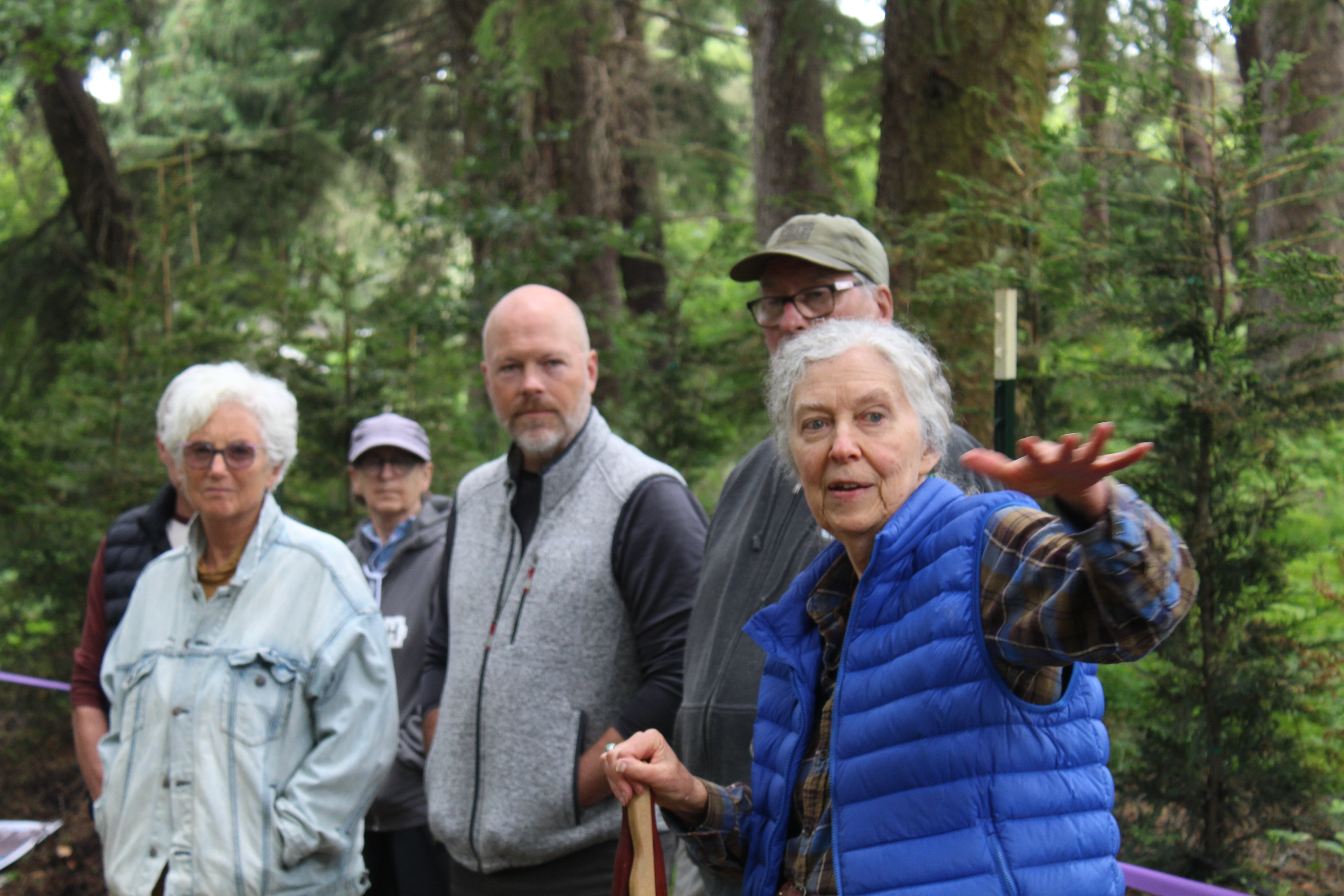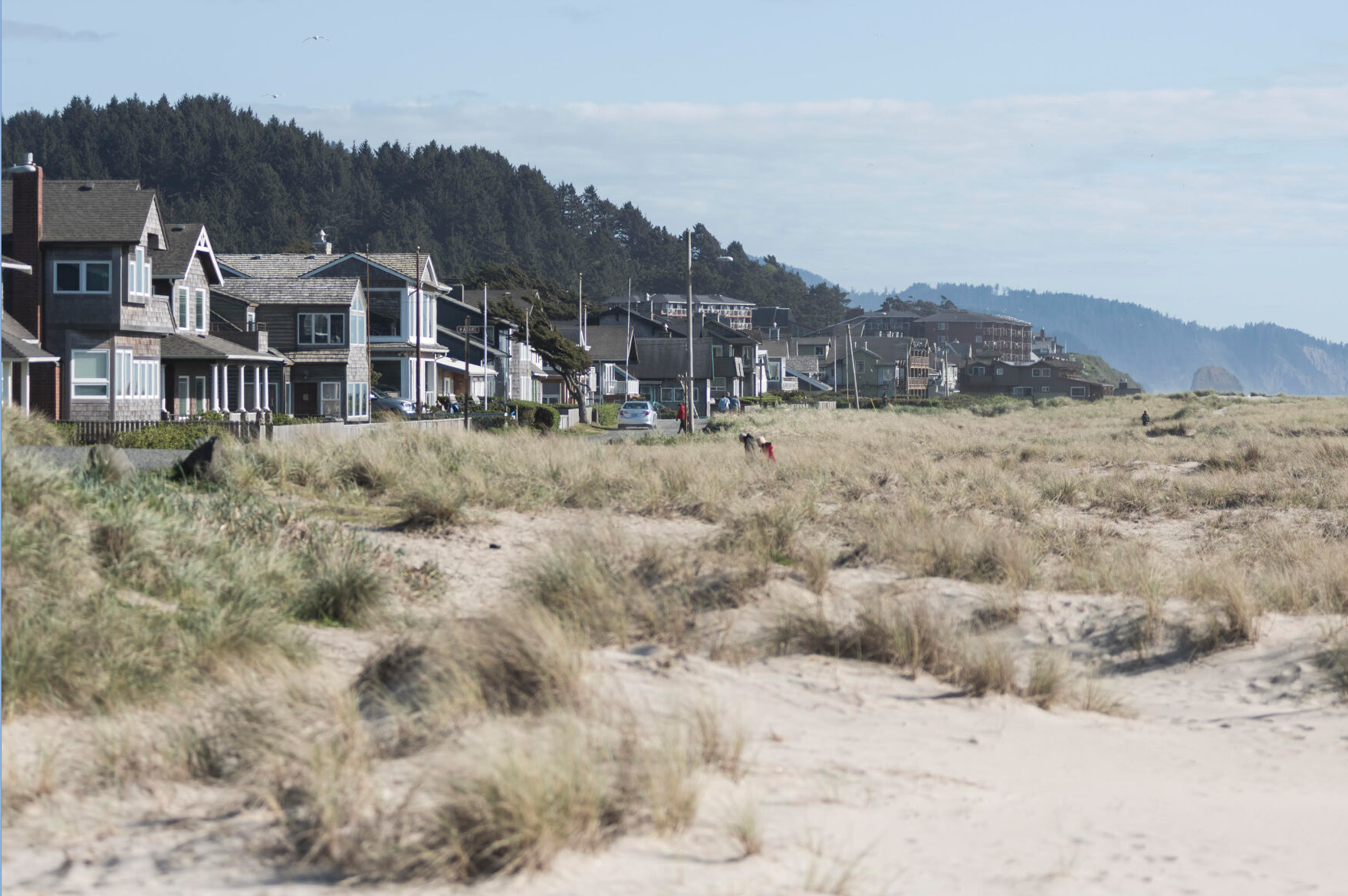Code enforcement should be high priority
Published 3:09 am Thursday, November 15, 2018

- Vehicles and trailers in states of disrepair and piles of refuse can be seen around the property.
Living in the country can be heavenly — unless you’ve got problem neighbors. Then it can be pure hell.
Trending
Our Nov. 8 story, “Clatsop County searches for better ways to enforce code violations” reported what it’s like to be “pretty much like … living in a war zone.” We focused on one situation on Youngs River Road. The issues described, however, are widespread throughout the rural Pacific Northwest.
At the property we reported on, squatters are behind threats of violence, possible drug odors, loud noise, piles of trash, human waste and burning of large items like a trailer and mattress. The term “squatters” makes it sound like a random invasion. Reality usually is more complicated. Renters invite or allow friends and family to move in, usually in violation of leases. Landowners who neglect basic management functions unintentionally permit smaller issues to fester and grow into neighborhood-wrecking free-for-alls. Violators themselves may be rotten jerks — or simply overwhelmed by poverty, illness or substance abuse. Although there are certain commonalities, in some ways each situation is unique.
The county has at least 20 other problem properties. It is managing about 200 unresolved code violations. Until recently, there wasn’t a full-time code compliance specialist. In weighing competing priorities, counties and other local governments understandably struggle with how to allocate funds. In the most clear-cut example, in a contest between hiring a sheriff’s deputy or a code officer, protecting the public against outright criminals is always likely to win.
Trending
It’s essential to recognize that code disputes can and do blow up into crimes. Tempers flare when dogs bark all day or chase horses. Arguments about illegally burning smelly garbage can easily turn into assaults.
Looming over all this are protections for private property rights. One person’s awful mess may be another’s cherished stockpile of old farm equipment and vehicles kept for parts. As a local official observed, even the most egregious violators deserve due process.
Carried to an extreme, such properties negatively affect the value of neighboring addresses. Lack of appropriate rule enforcement drags everyone down.
Beyond admonishing everyone to be better neighbors, what’s the solution?
The current county commission has shown it appreciates the seriousness of the worst code violations. It recently conducted a first-of-its-kind hearing to accelerate seizure of a property that was swiftly losing value due to violations. This is commendable, but it’s important to stay in front of such situations before they become emergencies.
As Chief Deputy Paul Williams of the Clatsop County Sheriff’s Office remarked, the land use code should have ways to prevent similar situations and deter people from violating in the first place.
This ought to include larger fees for problem properties and shorter time periods before action is taken. Facing the prospect of liens against their property to pay for cleanup and damages, most owners will step up efforts to avoid allowing problems to get out of control.
From a broader public perspective, we all can help by letting elected and appointed officials know this is a high priority, and by supporting personnel like new code officer Nancy Mendoza, who has started working her way through the county’s “terrible 20” list. Area real estate brokers and agents should wield their considerable influence to make the point that the county’s future depends in part upon a reputation for protecting property values and quality of life.
As the 21st century moves forward, our region will have to accommodate more and more residents. It’s vital that we get along. Intelligent and diligent code enforcement is a key way to ensure this result.









